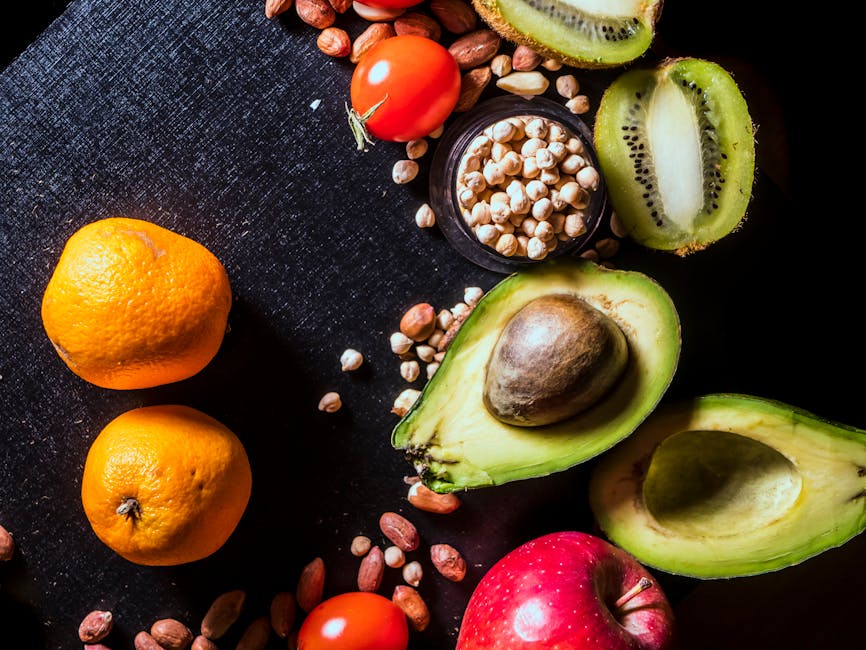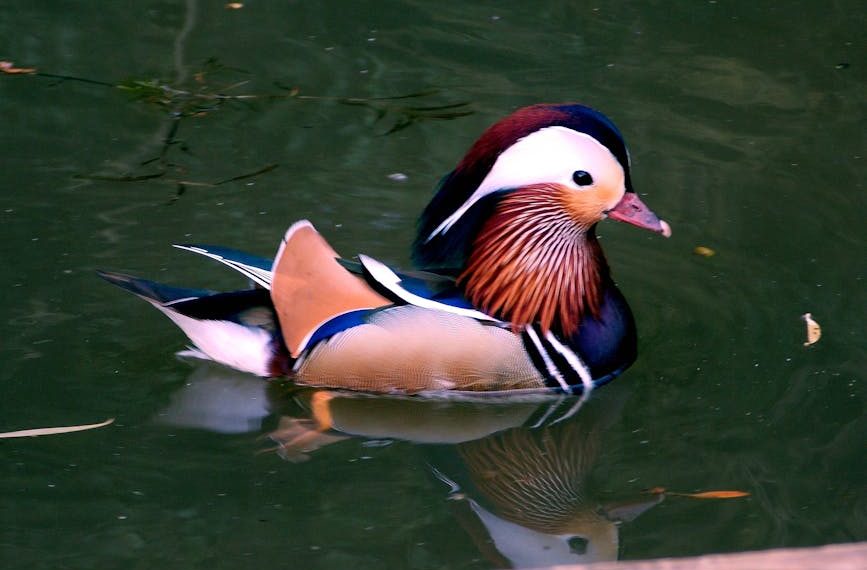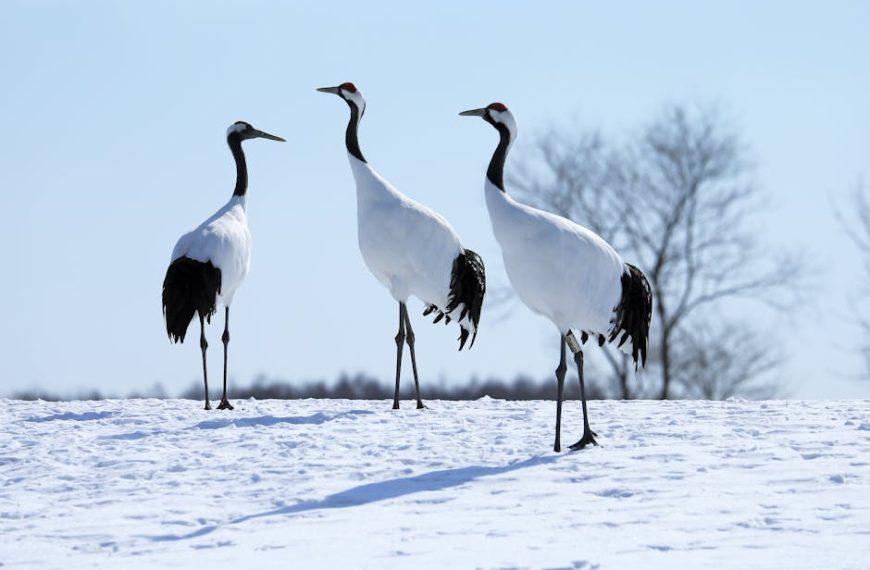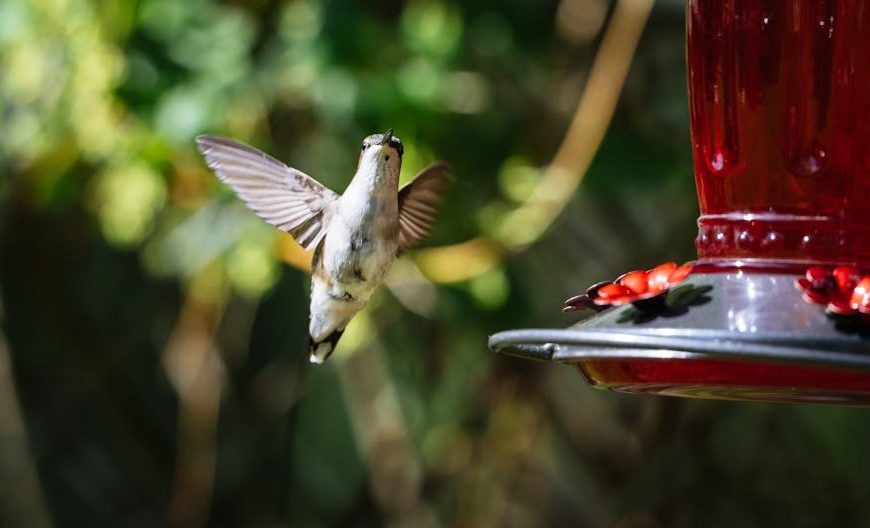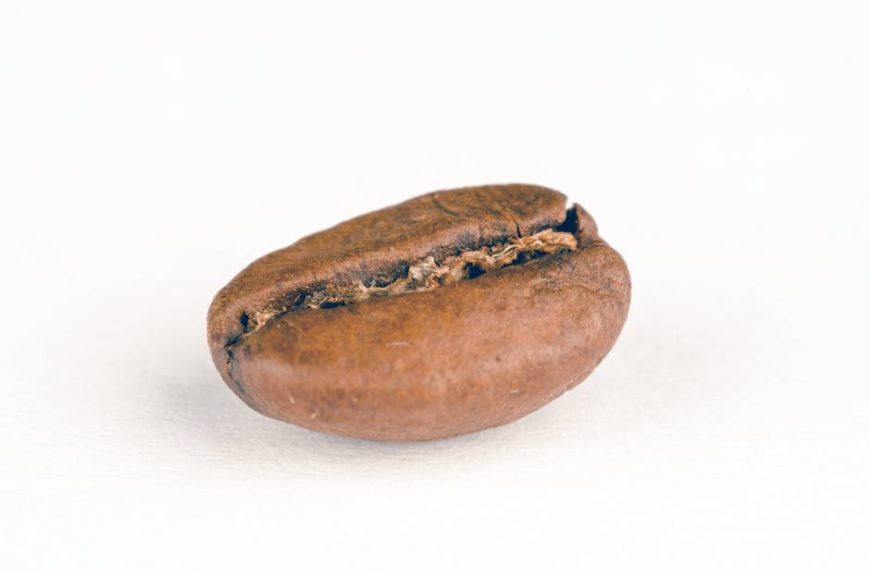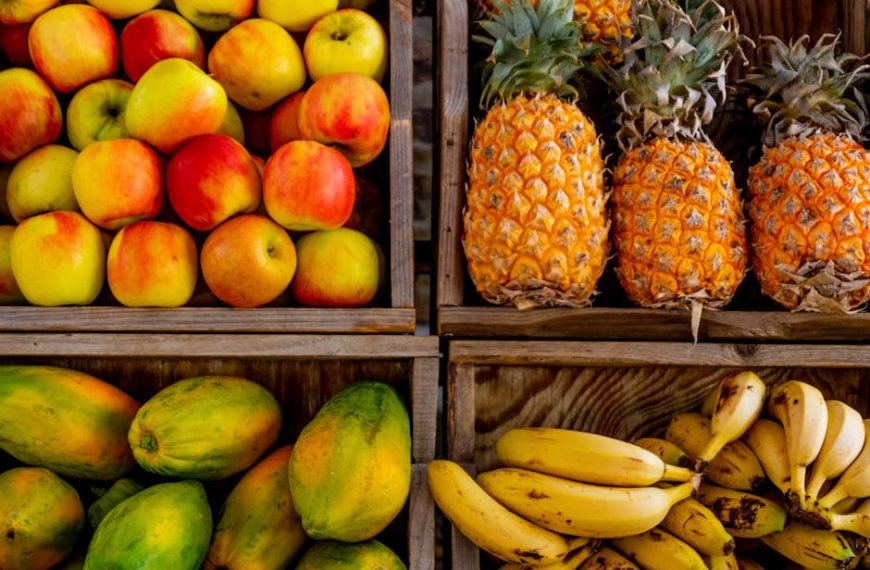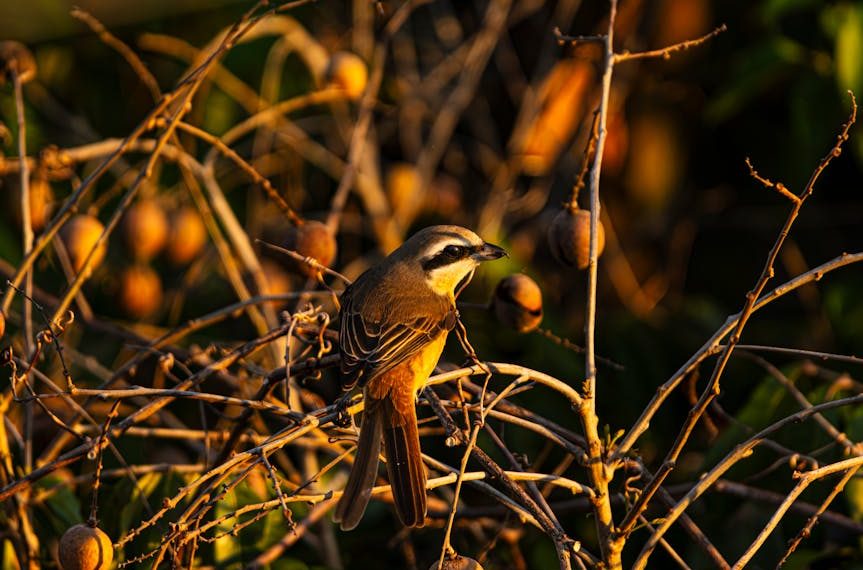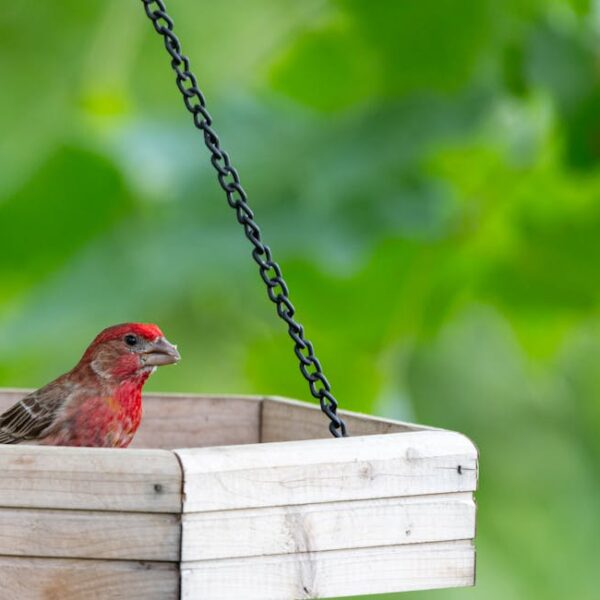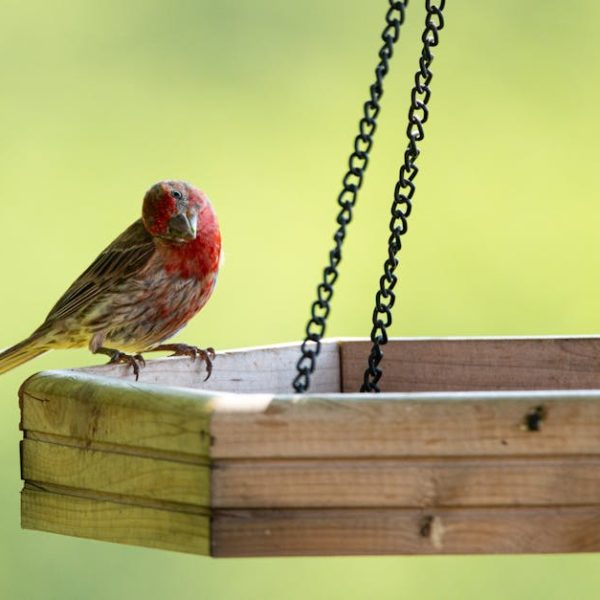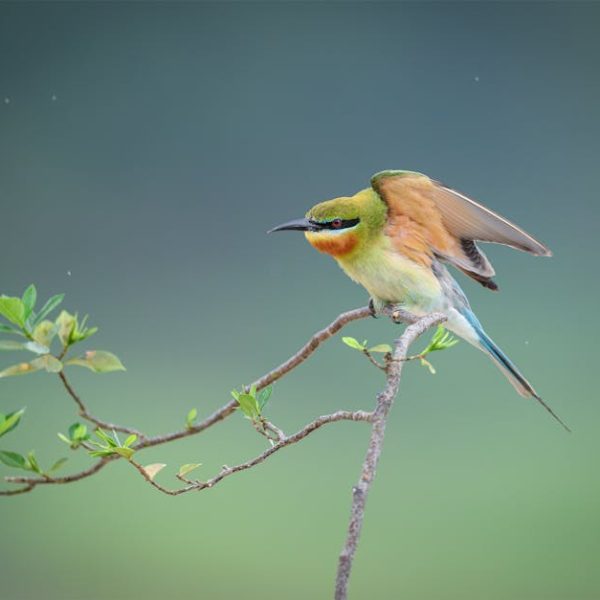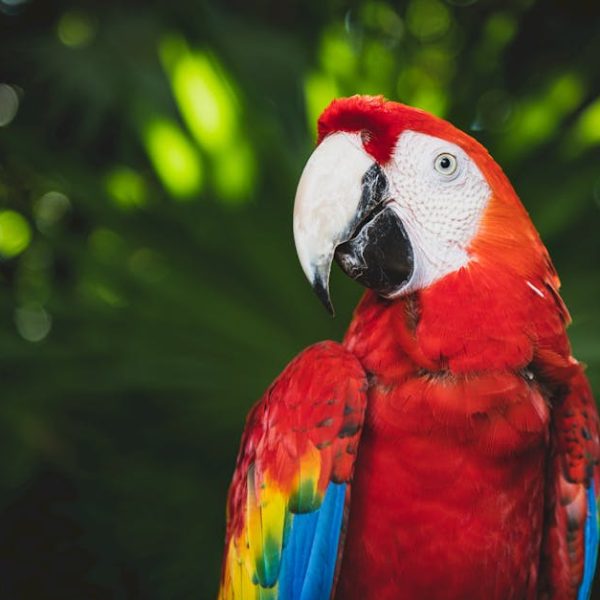A popular snack for both humans and birds, peanuts pack in an incredible amount of vital nutrients. These bite-sized powerhouses are loaded with proteins, healthy fats, essential vitamins, and major minerals, all crucial to the overall health and wellbeing of birds.
Many bird species rely on these nutritional elements to sustain their daily activities and growth. Proteins, for example, facilitate feather growth and repair, while healthy fats supply the energy birds need for flight. Vitamins and minerals, in no small measure, contribute largely to birds’ immune system, bone health, and nervous system function.
Here’s a quick rundown of key vitamins and minerals found in peanuts, beneficial for birds:
- Protein: Supports growth and feather development.
- Healthy Fats: Provide energy for flight.
- Vitamin E: Promotes a strong immune system.
- Magnesium: Helps in bone development.
- Potassium: An essential electrolyte aiding in the functioning of cells, nerves, and muscles.
Pro Tip: Before serving peanuts to birds, make sure they are raw, unsalted, and unflavored. Cooked or flavored peanuts can contain additives that are harmful to birds.
Identifying Birds that Love Peanuts
While the allure of peanuts can attract various bird species, some definitely show a stronger affinity than others. Peanut-loving birds often have sturdy, strong beaks capable of breaking through the hard peanut shell. These feathered creatures also exhibit an adventurous palate, unafraid to indulge in heartier, oilier feeds.
Common bird species that are drawn irresistibly to peanuts include:
- Woodpeckers: With their strong bills, woodpeckers find it easy to drill into peanut shells.
- Jays: Known to horde food, jays particularly love stashing away peanuts.
- Cardinals: These bright, beautiful birds can’t resist the allure of peanuts.
- Nuthatches: These intelligent birds often jam peanuts into tree bark, then hammer them open with their beak.
Best Practices: Consider installing sturdy bird feeders with sizable holes that can contain whole peanuts. These attract larger, peanut-loving birds and deter smaller birds that might choke on whole peanuts.
Preparing Peanuts for Your Feathered Visitors
A responsible bird watcher ensures that their feathered guests are served clean, safe peanuts. First, purchase raw, unflavored peanuts. These are safe for birds unlike salted or flavored variants which may contain harmful additives.
If you’re using whole peanuts, the shells must be uncracked and free from mold. You want to select peanuts free from rancid smells or sliminess – these are signs of aflatoxin, a toxic fungus. De-shelled peanuts should be kept in a cool, dry place to prevent oil rancidity.
Here’s a checklist to ensure you’re preparing safe peanuts for birds:
- Inspect the peanuts for freshness.
- Verify they are raw and unsalted.
- Clean the outside of shelled peanuts, if necessary.
- Store de-shelled peanuts in a cool, dry place.
| Shelled Peanuts | De-shelled Peanuts | |
|---|---|---|
| Pros | Fresh for longer periods; Attracts larger birds. | More convenient; Safer for smaller birds. |
| Cons | Riskier for smaller birds. | Can turn rancid if not stored properly. |
Creating a Peanut-friendly Environment for Birds
Just as important as the food you leave out for your feathered friends is the environment in which you offer it. Birds need to feel safe and comfortable while feeding, and the setup of the feeding area can significantly influence this.
The location of your bird feeder matters greatly. It should be installed in a quiet, less-trafficked area of your yard. The feeder should also be positioned at a height that prevents predators from easily reaching it, with nearby shrubbery or trees that serve as safe perches for the birds.
As for timing, birds are most active during the dawn and dusk. Therefore, mornings and late afternoons are often the best times to refill your peanut bird feeder.
Pro Tip: The site of your bird feeder should be visible from your vantage point inside your home. This allows you to enjoy the sight of your avian visitors while deterring potential predators.
Just as imperative as the location and time of feeding is the cleanliness of your feeders. Regularly cleaning and disinfecting your bird feeders can help prevent the spread of disease among the bird population.
Dealing with Potential Problems: Squirrels and Allergies
While feeding peanuts to birds, a universal concern tends to be the infringement of squirrels. These furry creatures love peanuts as much as birds do, and their larger sizes and agile climbing abilities often lead them to dominate bird feeders.
Birds could also potentially have food allergies, although this is a comparatively rare occurrence. Nonetheless, taking steps to address these concerns will ensure you provide a safe, peaceful dining space for your feathered friends.
To combat these issues, consider the following:
To keep the squirrels at bay:
- Invest in a squirrel-proof bird feeder, designed with mechanisms that effectively deter squirrels without harming them.
- Consider using a squirrel baffle, a device that confuses or disorients squirrels trying to climb onto your bird feeders.
- Position your bird feeders well away from trees or structures from which squirrels can jump.
For allergy concerns:
- Watch your bird visitors carefully for any signs of discomfort or illness.
- Consult your local bird or wildlife expert if you notice any birds demonstrating unusual symptoms after feeding at your station.
Pro Tip: If you suspect a bird is allergic to peanuts, stop offering them and try sunflower seeds or suet instead. These are equally nutritious alternatives that most birds appreciate.
Providing peanuts for your avian guests not only enriches their diet but also brings endless hours of bird-watching pleasure. Remember these tips and practices to ensure a delightful feasting experience for your feathered visitors.
Key Takeaway:
- Peanuts are a nutritious food source for various bird species, rich in proteins, fats, vitamins, and minerals essential for their health.
- Common peanut-loving birds include woodpeckers, jays, cardinals, and nuthatches.
- Careful preparation of peanuts is crucial to ensure they’re safe for bird consumption.
- Creating a safe, comfortable environment for bird feeding can attract more feathered visitors.
- Dealing wisely with potential issues like squirrels and bird allergies enhances the bird-feeding experience.
Bird feeding can be a delightful experience for both you and your avian visitors. With a little care and patience, not only will you contribute to the well-being of your local bird population, but also witness the vibrant diversity of the winged world right in your backyard. So, serve up some peanuts and let the feathery fiesta begin!
FAQs
Q: Can peanuts harm birds if overfed?
A: While peanuts are nutritious, overfeeding can lead to nutritional imbalance in birds. Variety is key to a healthy bird diet.
Q: Are roasted peanuts safe for birds?
A: Roasted peanuts often contain salt or additives that are harmful to birds. Stick to raw, unsalted peanuts.
Q: How can I keep my peanut bird feeders clean?
A: Regular cleaning and disinfection ensure your bird feeders are safe. Take care to remove old, uneaten peanuts as they may mold or rot.
Q: How can I tell if a bird is allergic to peanuts?
A: Birds with food allergies may show signs of discomfort, different eating habits, or unexplained weight loss. If you suspect any bird is allergic, consult a local bird expert.
Q: What are some alternatives to peanuts for bird feeding?
A: Sunflower seeds, mealworms, and suet are healthy alternatives loved by a variety of birds.
Feel free to share this article with fellow bird lovers and explore our other posts for more insightful information on bird nurturing.
